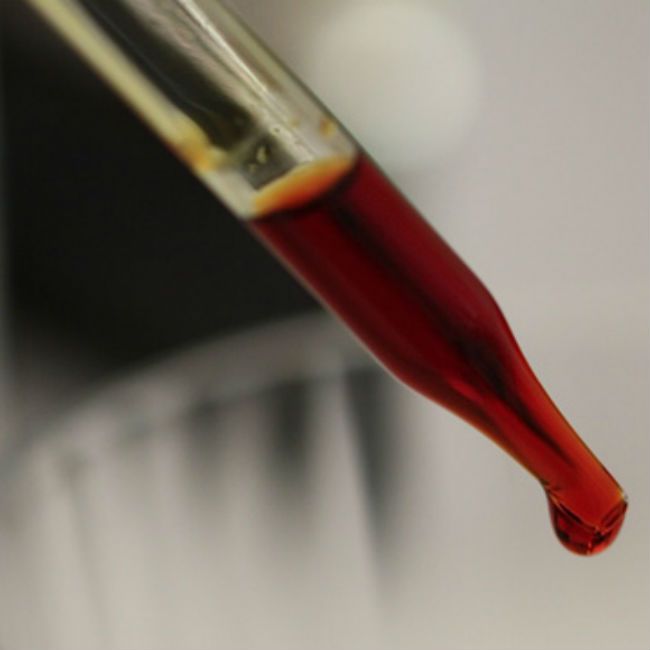
Did you know it’s common to lose 25-100 strands of hair daily? In fact, even losing more than 200 strands of shed hair is normal. However, if you’re experiencing thinning hair and losing excessive amounts of hair on wash day, you could be suffering from an iodine deficiency.
What Is Iodine, And How Does It Contribute to Hair Loss?
Iodine is a micronutrient element that’s fundamental for healthy growth and development for the human body’s organ and tissue systems. Iodine is responsible for regulating healthy thyroid function. A lack in iodine throws off thyroid levels and increases your body’s thyroid hormones. Elevated thyroid hormones cause the thyroid gland to become enlarged and cause hyperplasia.
Treating Hair Loss through Foods and Supplements
Healthy diet is essential to healthy hair. Make sure you’re getting adequate amounts of iodine in your diet and incorporate foods and supplements high in iodine. Here is a list of foods and supplements you should add to/increase in your diet.
1. Dairy products such as milk, cheese, and yogurt
2. Eggs
3. Meat (Chicken and Fish”>
4. Seafood Food
5. Breads
6. Iodized table salt
7. Multi-vitamins high in iodine
How to Prevent Hair Loss Caused by Iodine Deficiency?
The most important way to prevent hair loss caused by iodine deficiency is to obtain the recommended amount of iodine. According to the American Thyroid Association (ATA”>, adult men and women should consume 150 μg of iodine per day. Those who choose to add table salt to their food should use a teaspoon of iodized salt. Because iodine deficiency is common during pregnancies, it’s recommended that women who are expecting should have 220 μg iodine per day and 290 μg iodine per day while breastfeeding.
Possible Other Causes of Hair Loss
Iodine deficiency not the problem? There may be other causes to your hair loss.
1. Pregnancy
2. Genetics
3. Poor Diet
4. Hormone Imbalance
5. Traction Alopecia: Stress on the hair shaft from styles, scarves, and hair wraps for an extended period.
6. Central Centrifugal Cicatricial Alopecia: Scarring and inflammatory condition that causes hair loss commonly in mid scalp.
Steps to Treating Your Hair Loss
1. Schedule an appointment with your primary care physician to check your thyroid levels and other possible health issues.
2. Improve your diet and take iodine supplements to get the recommended amount per day.
3. Practice hair health and stay away from chemical treatments such as dyes that will increase chances of hair loss.
4. Consider a new hair regimen that reduces the amount of hair loss.
You can get iodine in the liquid form at most health stores.


